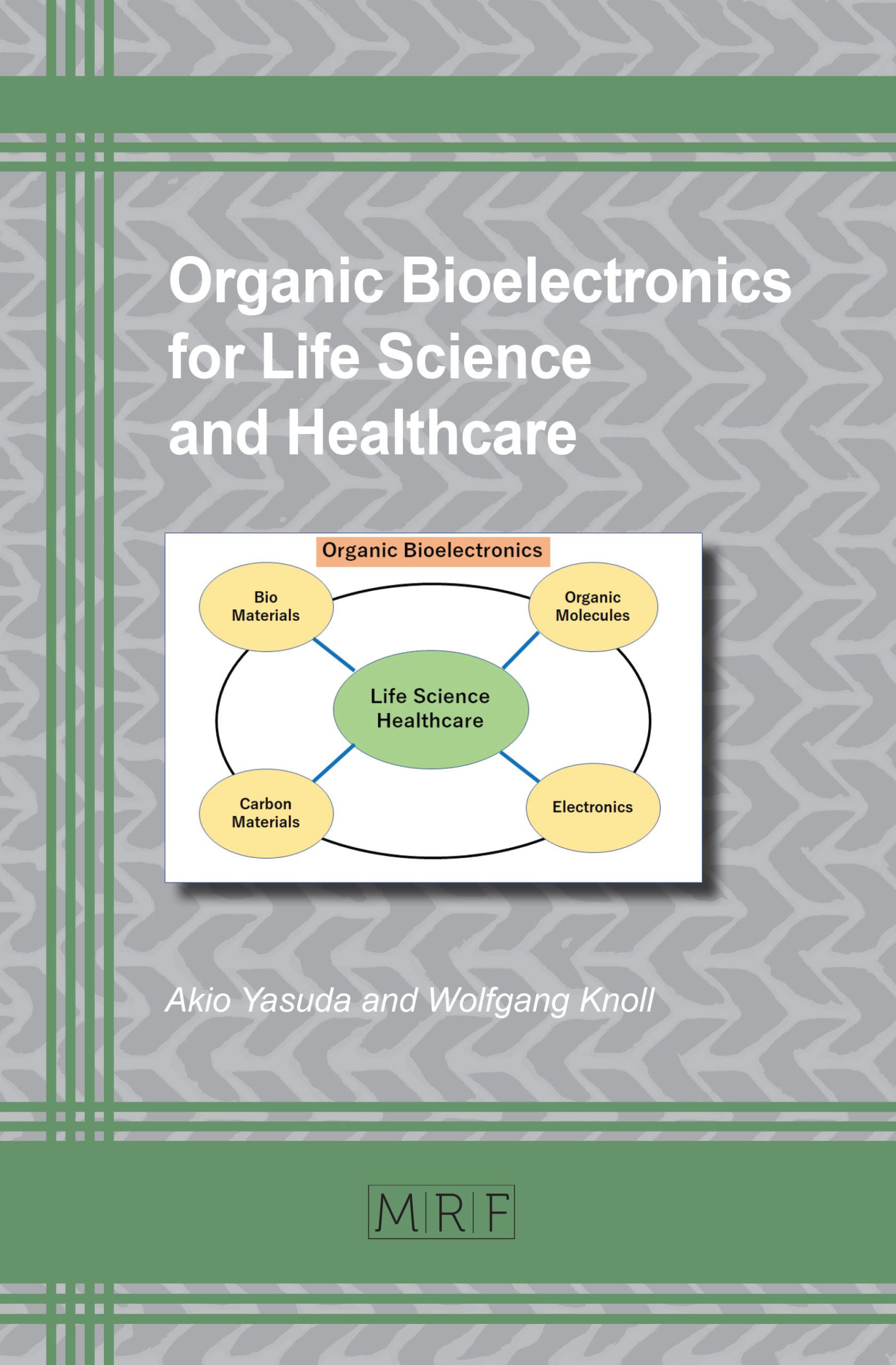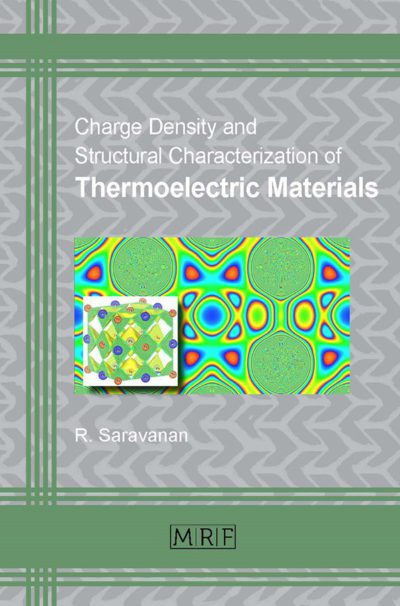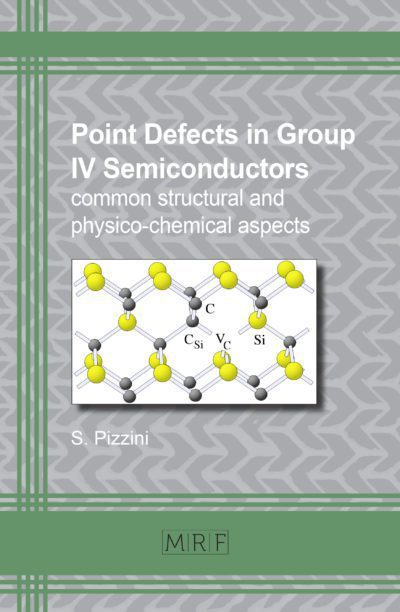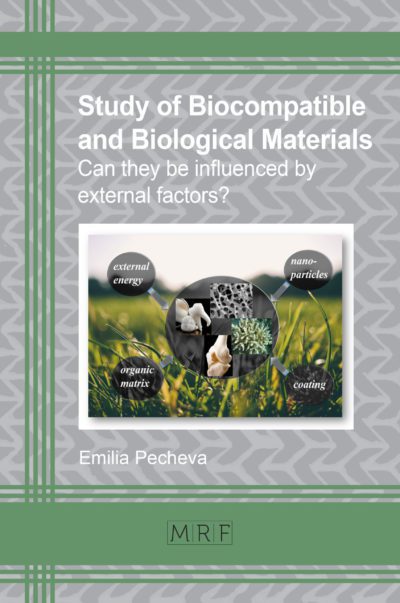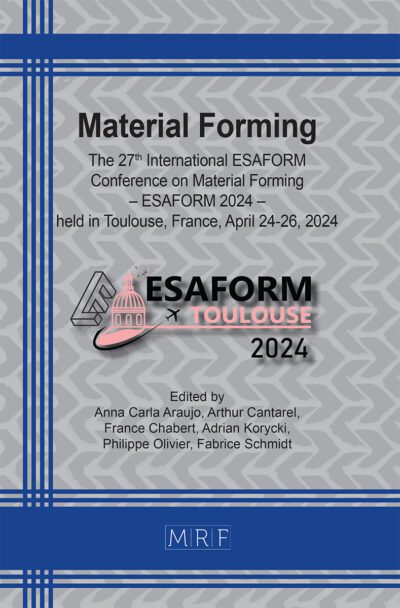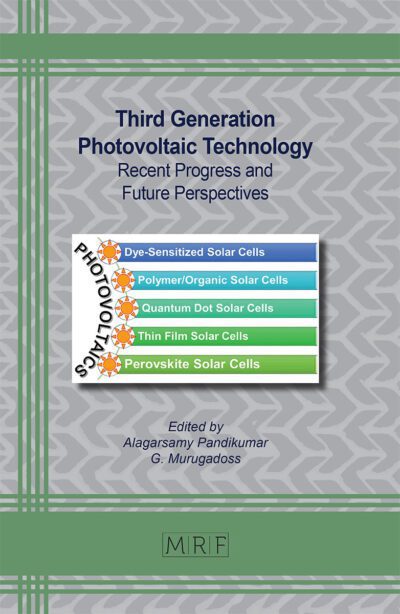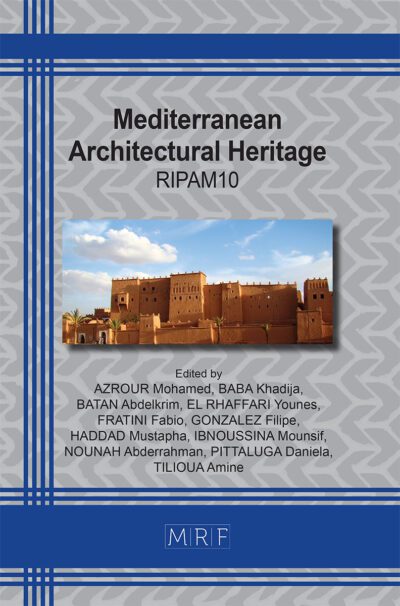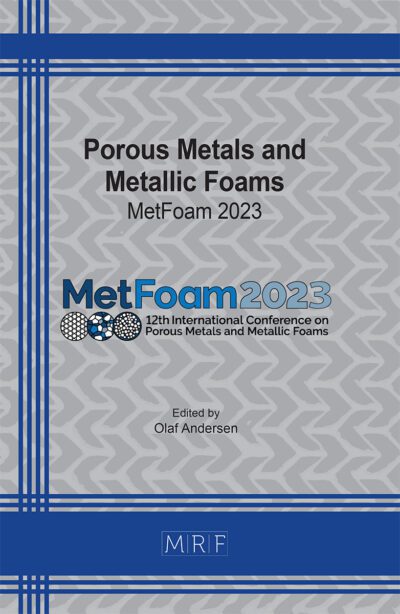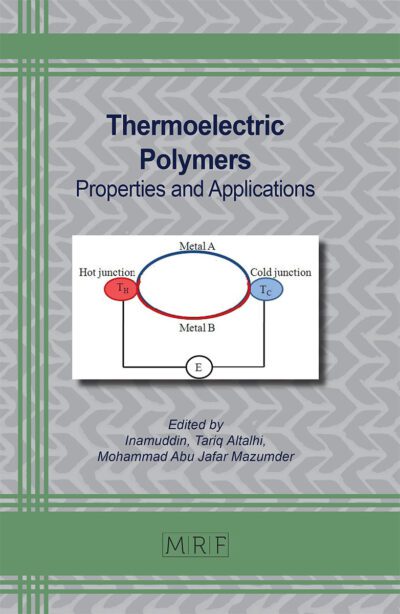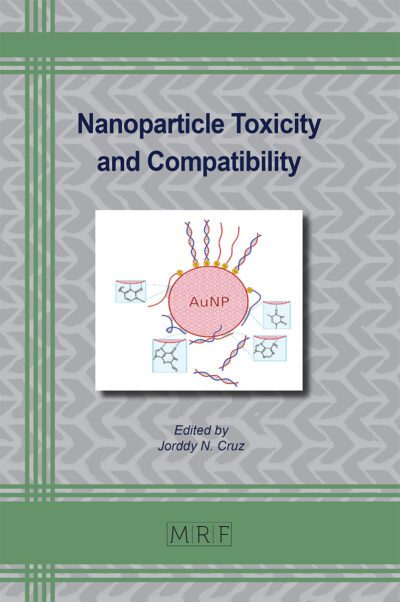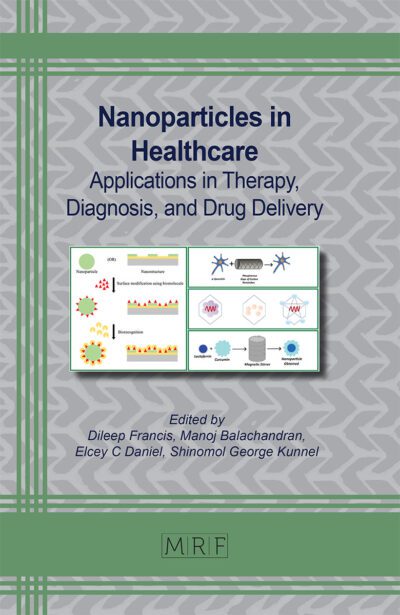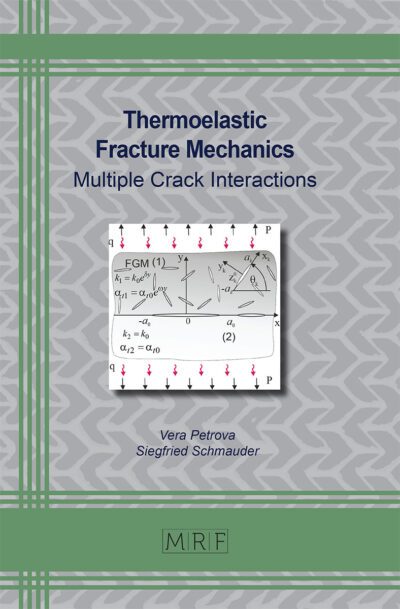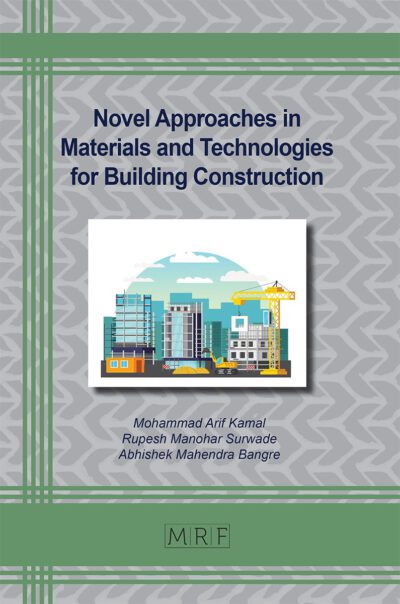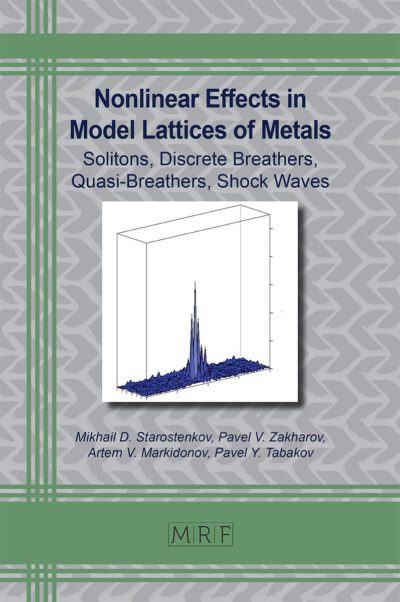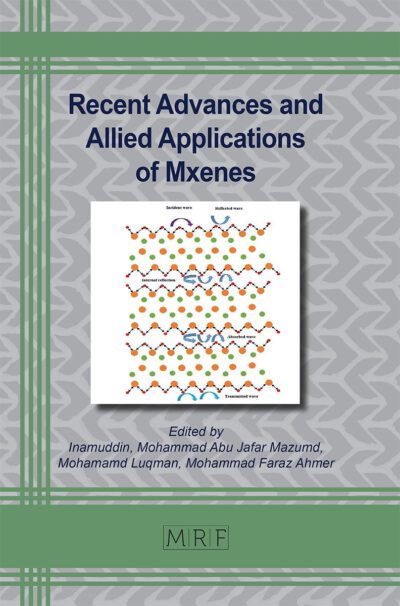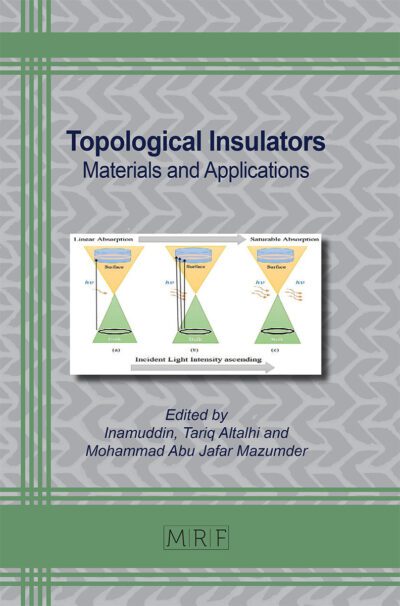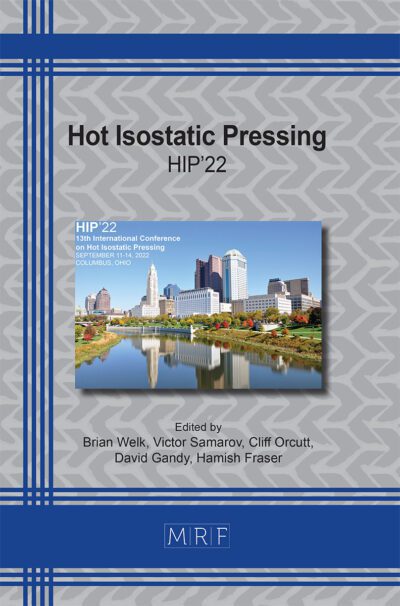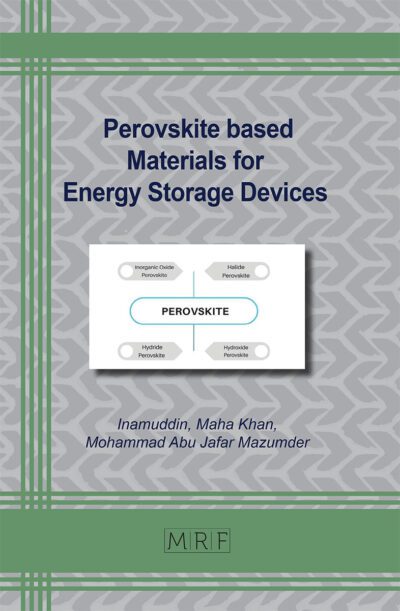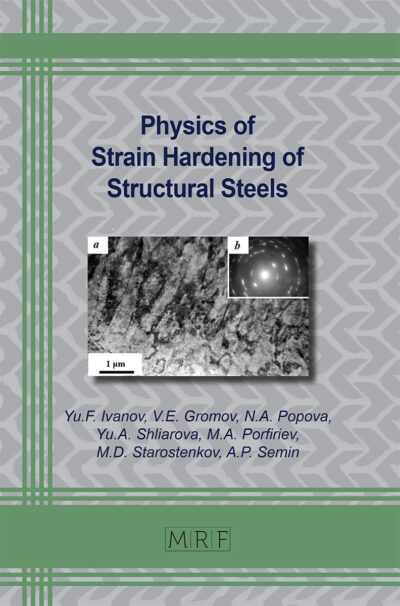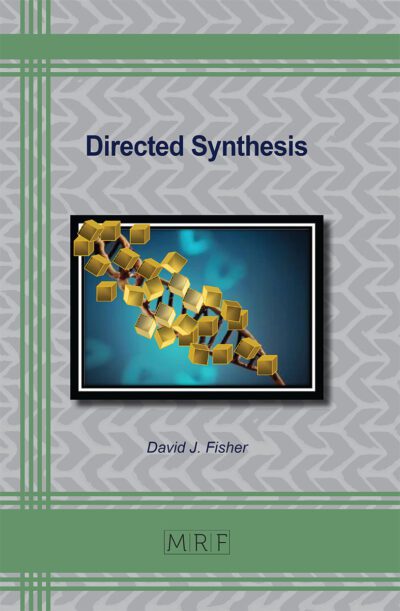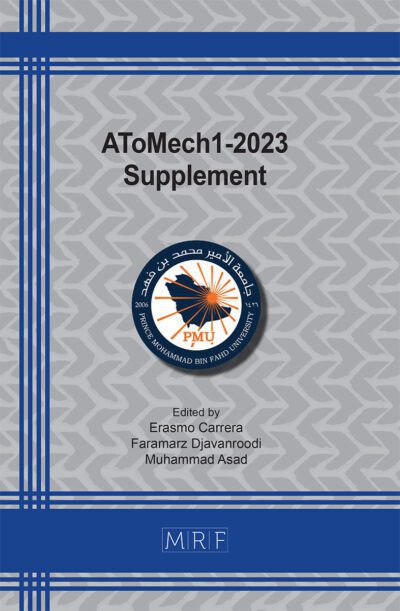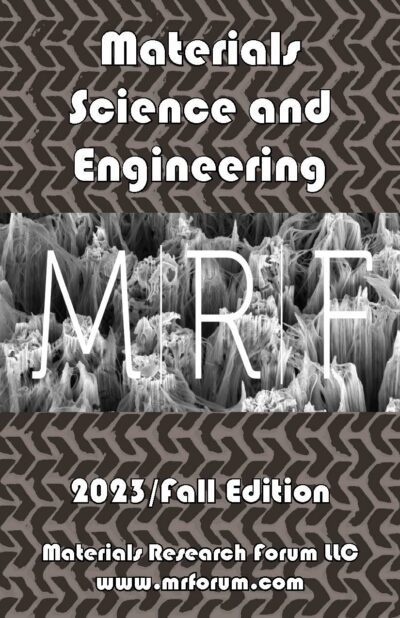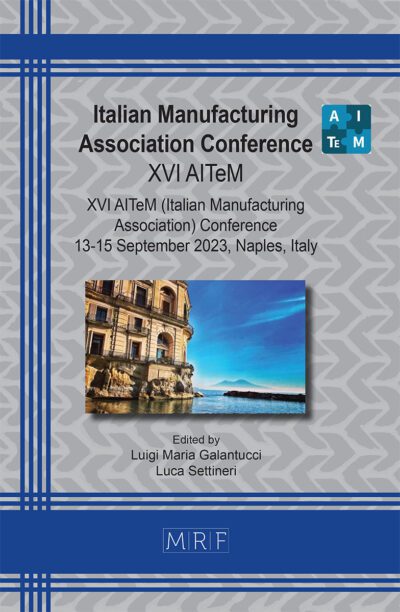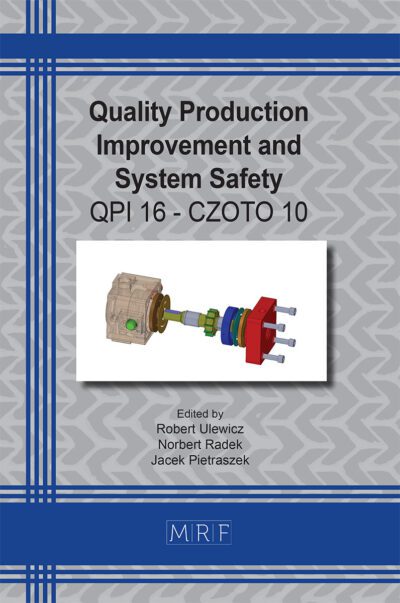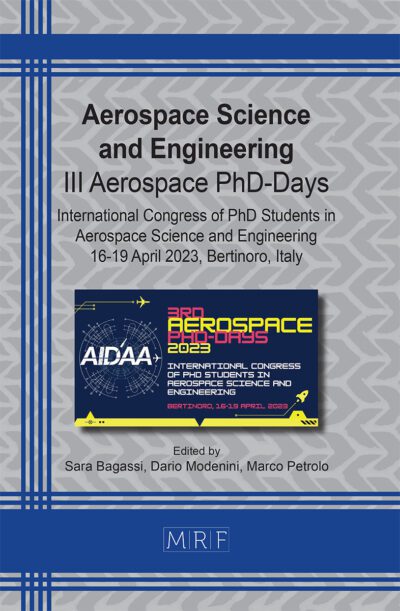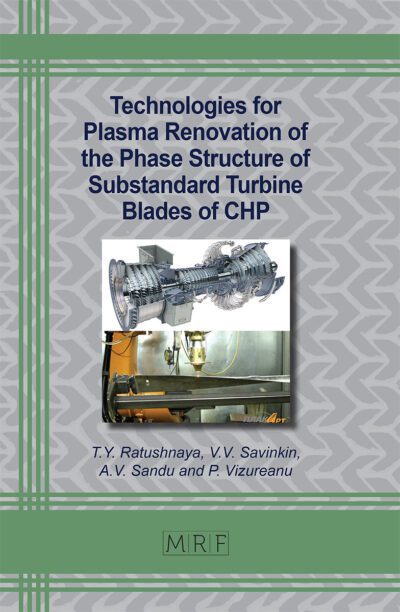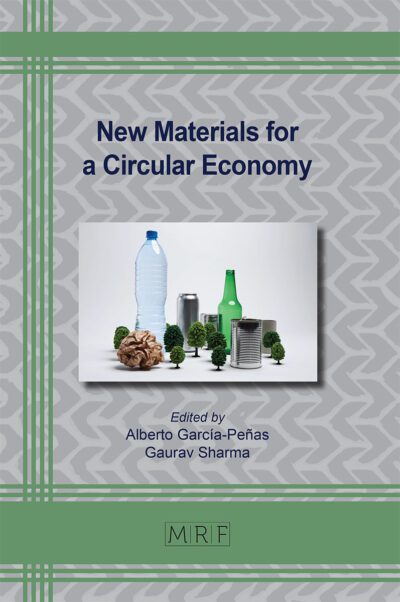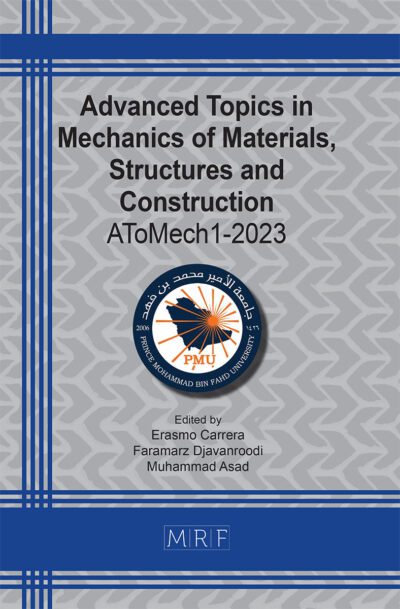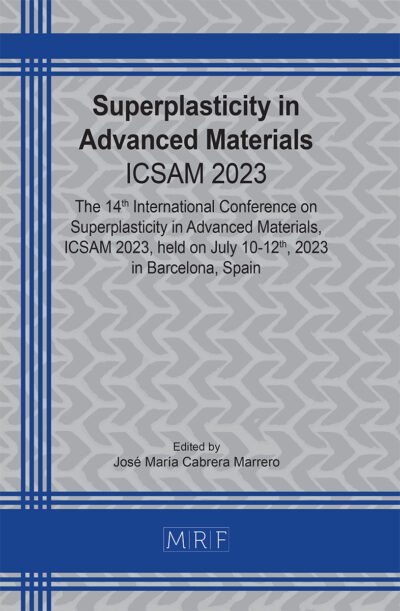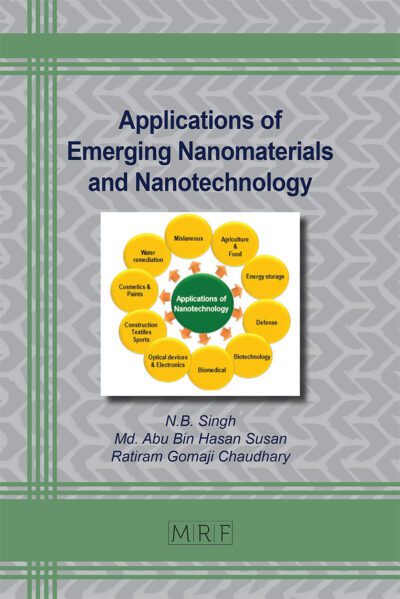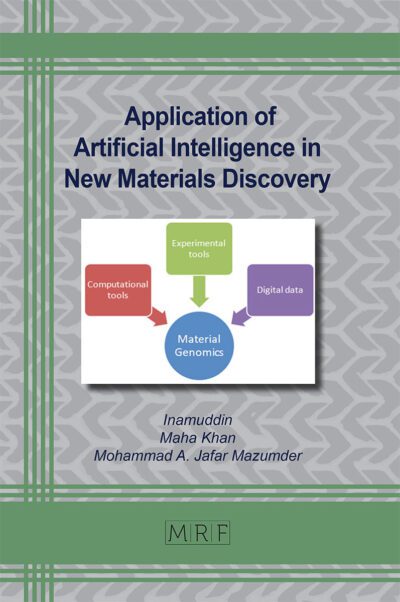Organic Bioelectronics for Life Science and Healthcare
Eds. Akio Yasuda and Wolfgang Knoll
Materials Research Foundations Vol. 56
Publication Date 2019, 152 Pages
Print ISBN 978-1-64490-036-9 (release date October 10th, 2019)
ePDF ISBN 978-1-64490-037-6
DOI: 10.21741/9781644900376
Novel bio-electronic devices have a great potential for gathering biological information such as vital signs, cell behavior, protein and DNA molecule concentrations. The book presents concrete examples and shows that there are lots of sensing targets still remaining to be handled. Organic materials offer high sensitivity, flexibility and biocompatibility, and can be prepared by novel fabrication methods such as printing and coating at low cost. Part 1: OFET-based sensors. Part 2: Graphene-based materials and sensor device applications. Part 3: Applications of bio-sensing technologies, inkjet printing, tests for stroke monitoring, etc.
Keywords
Organic Bioelectronics, Bioelectronic Devices, Biosensing Technologies, Organic Field Effect Transistor (OFET), OFET-based Sensor, Functional Bio-Interlayer OFET, Electrolyte-gated OFET, Organic Charge-Modulated FET, Graphene-based Materials, Carbon Nanotube, Carbon-based Biosensors, Inkjet Printing, Stroke Monitoring
Table of Contents
Organic Bioelectronic Transistors: From Fundamental Investigation of Bio-Interfaces to Highly Performing Biosensors
Eleonora Macchia, Rosaria A. Picca, Angelo Tricase, Cinzia Di Franco, Antonia Mallardi, Nicola Cioffi, Gaetano Scamarcio, Gerardo Palazzo, Luisa Torsi
Biosensing with Electrolyte Gated Organic Field Effect Transistors
Carlo Augusto Bortolotti, Marcello Berto, Matteo Sensi, Michele Di Lauro, Fabio Biscarini
The Organic Charge-Modulated Field-Effect Transistor: a Flexible Platform for Application in Biomedical Analyses
S. Lai, A. Spanu, P. Cosseddu, A. Bonfiglio
Graphene Based Field Effect Transistors for Biosensing: Importance of Surface Modification
Sabine Szunerits, Rabah Boukherroub, Alina Vasilescu, Serban Peteu
Graphene as an Organic and Bioelectronic Material
D. Kireev, A.Offenhäusser
Graphene based Materials for Bioelectronics and Healthcare
Satish Kumar, Tetiana Kurkina, Sven Ingebrandt, Vivek Pachauri
Inkjet Printing for Biosensors and Bioelectronics
Nouran Adly, Philipp Rinklin, Bernhard Wolfrum
Rapid Point-of-Care-Tests for Stroke Monitoring
Dorin Harpaz, Evgeni Eltzov, Raymond C.S. Seet , Robert S. Marks, Alfred I.Y. Tok

